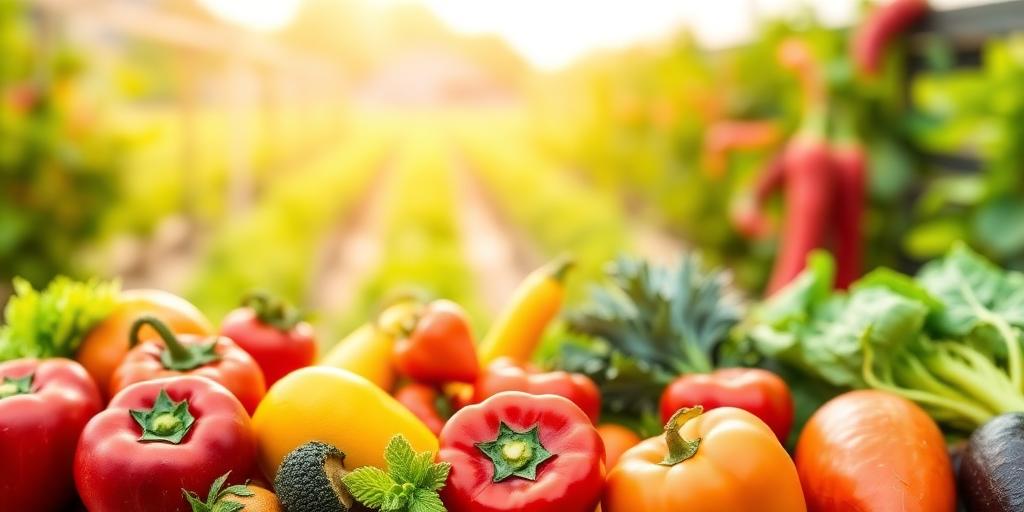The Role of Antioxidants in Your Diet
Antioxidants are substances that can prevent or slow damage to cells caused by free radicals, unstable molecules that the body produces as a reaction to environmental and other pressures. They are often touted as a key component of a healthy diet, and for good reason. This article will delve into what antioxidants are, how they work, and how you can incorporate them into your diet.
What are Antioxidants?
Antioxidants are molecules that fight free radicals in your body. Free radicals are compounds that can cause harm if their levels become too high in your body. They're associated with multiple diseases, including diabetes, heart disease, and cancer. Antioxidants are found in many foods, including fruits, vegetables, nuts, and grains.
How Antioxidants Work
Antioxidants work by donating an electron to a free radical, neutralizing it and preventing it from causing damage to other molecules. This protective action helps to reduce the risk of cell damage and inflammation, which are key factors in the development of many chronic diseases.
Benefits of Antioxidants
- Protection Against Chronic Diseases: Antioxidants help protect against the cell damage that leads to chronic diseases such as heart disease, cancer, and diabetes.
- Improved Immune Function: By reducing oxidative stress, antioxidants support a healthy immune system, making it more effective at fighting off infections.
- Anti-Aging Effects: Antioxidants can help reduce the visible signs of aging by protecting the skin from damage caused by free radicals and environmental factors.
- Support Eye Health: Certain antioxidants, like lutein and zeaxanthin, are essential for eye health and can reduce the risk of age-related macular degeneration and cataracts.
Incorporating Antioxidants into Your Diet
To maximize the benefits of antioxidants, focus on including a variety of antioxidant-rich foods in your daily diet. Here are some excellent sources:
- Fruits: Berries (strawberries, blueberries, raspberries), citrus fruits (oranges, lemons), grapes, cherries.
- Vegetables: Leafy greens (spinach, kale), bell peppers, broccoli, carrots, tomatoes.
- Nuts and Seeds: Walnuts, pecans, sunflower seeds, flaxseeds.
- Grains: Whole grains like oats and quinoa.
- Legumes: Beans and lentils.
- Beverages: Green tea and red wine (in moderation).
Conclusion
Antioxidants play a vital role in maintaining health by protecting the body from damage caused by free radicals. A diet rich in fruits, vegetables, nuts, and whole grains can provide a wide array of these beneficial compounds. Incorporating these foods into your daily meals can help reduce the risk of chronic diseases, support a healthy immune system, and promote overall well-being. Make antioxidants a key component of your diet to reap their numerous health benefits.









